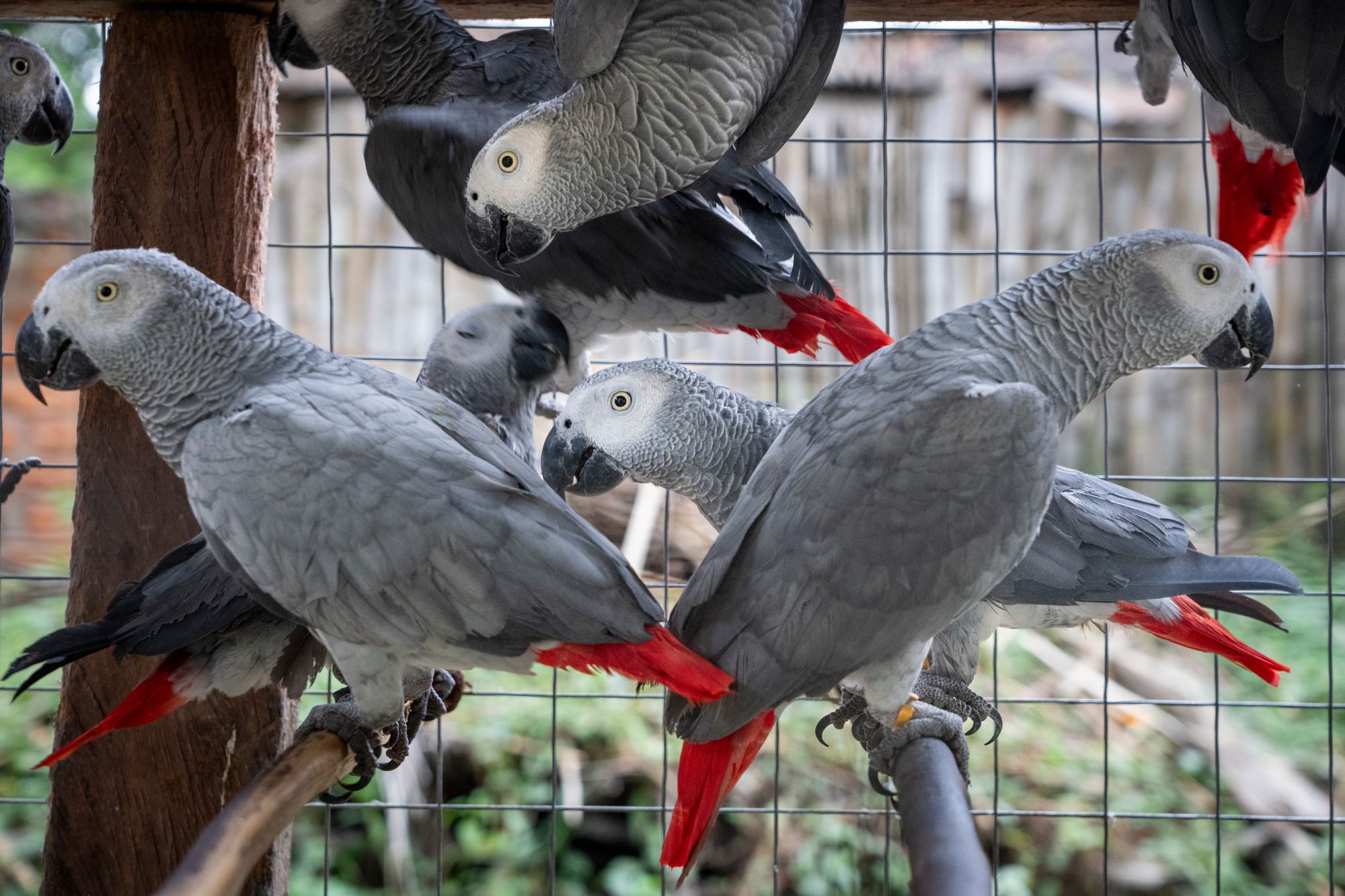WIRE is an independent nonprofit journalism organization — the only global newsroom devoted exclusively to deep investigations into the exploitation of wildlife and nature.
Check out our latest investigation, in partnership with Rolling Stone.
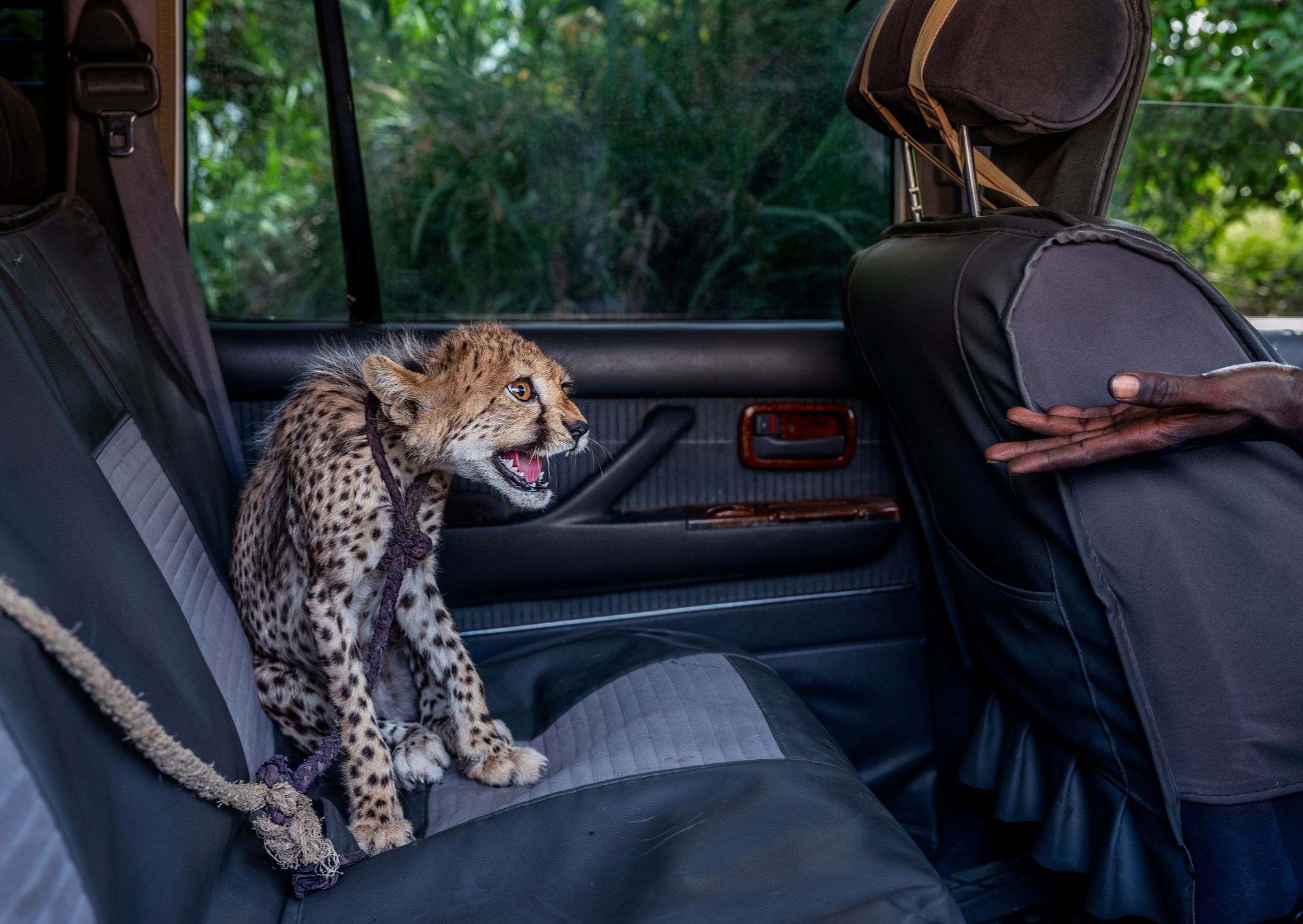
Our Mission
Wildlife Investigative Reporters & Editors (WIRE) is a nonprofit journalism organization that uses rigorous investigative reporting and compelling narratives to spotlight the exploitation of animals and nature. WIRE’s journalism seeks to galvanize change, drive accountability, and inspire a more compassionate, environmentally responsible, equitable, and informed society.
What We Do
WIRE investigations expose ecosystem degradation and harm from illegal and underregulated commercial-scale exploitation of nature. They reveal the perpetrators and consequences of activities — animal trafficking, overfishing, mining, agriculture, energy development — often exacerbated by climate change.
The illegal trade in wild animals and plants — believed to rank on par with drugs, arms, and human trafficking — presents a grave threat to species, biodiversity, and the balance of ecosystems around the world. The trade also threatens human health through the spread of animal-borne diseases, harms communities that rely on intact habitats for sustenance and income, and erodes civil society through crime and corruption.
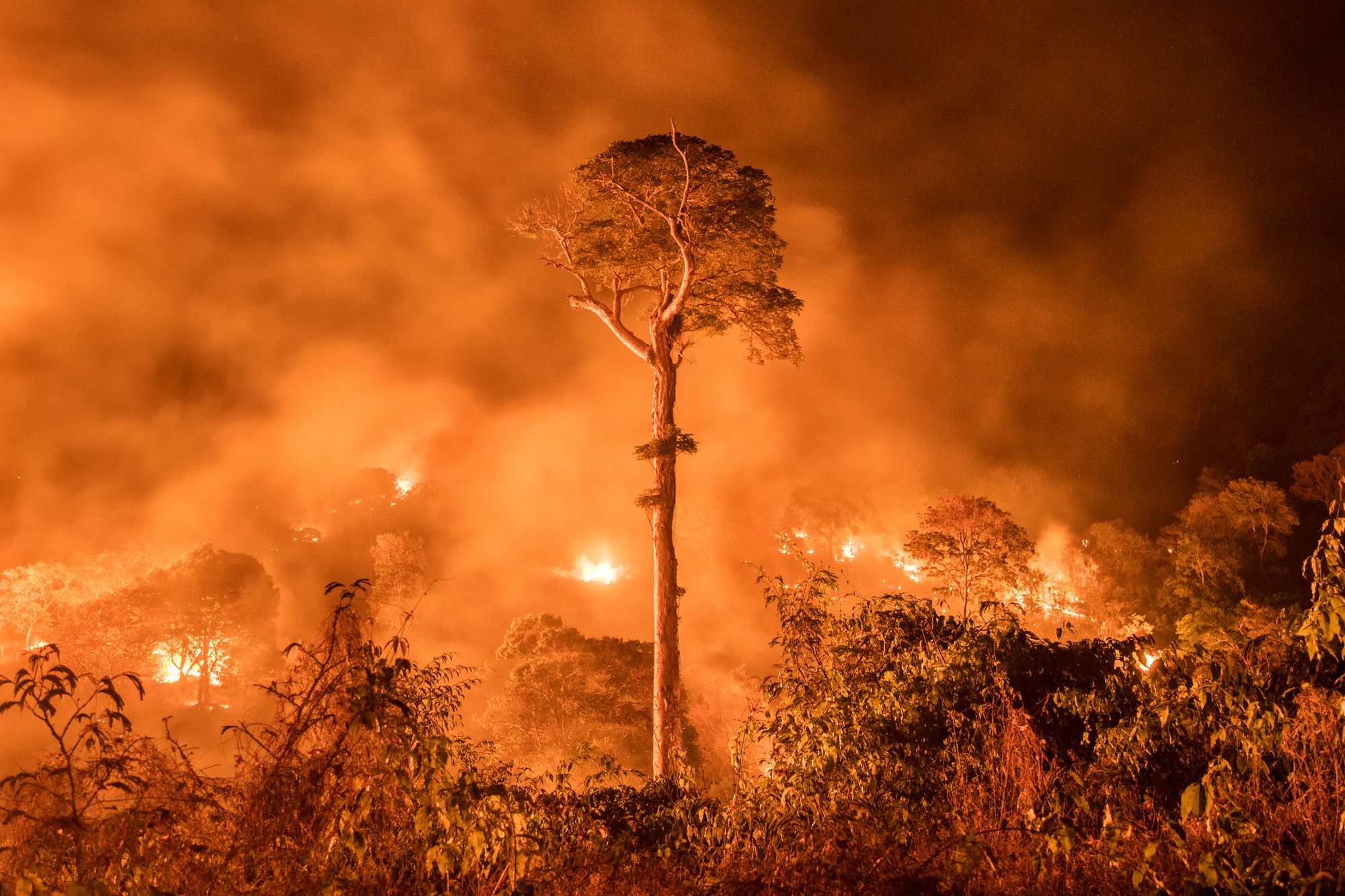
Why WIRE?
WIRE is the only media organization expressly dedicated to deeply investigating commercial-scale exploitation of animals and nature.
Struggling media outlets are laying off staff and cutting reporting budgets at a time when substantive journalism is needed more than ever. Mission-driven investigations that aim to change the world demand expertise and dedication. That takes time and money: months, even years, and up to hundreds of thousands of dollars.
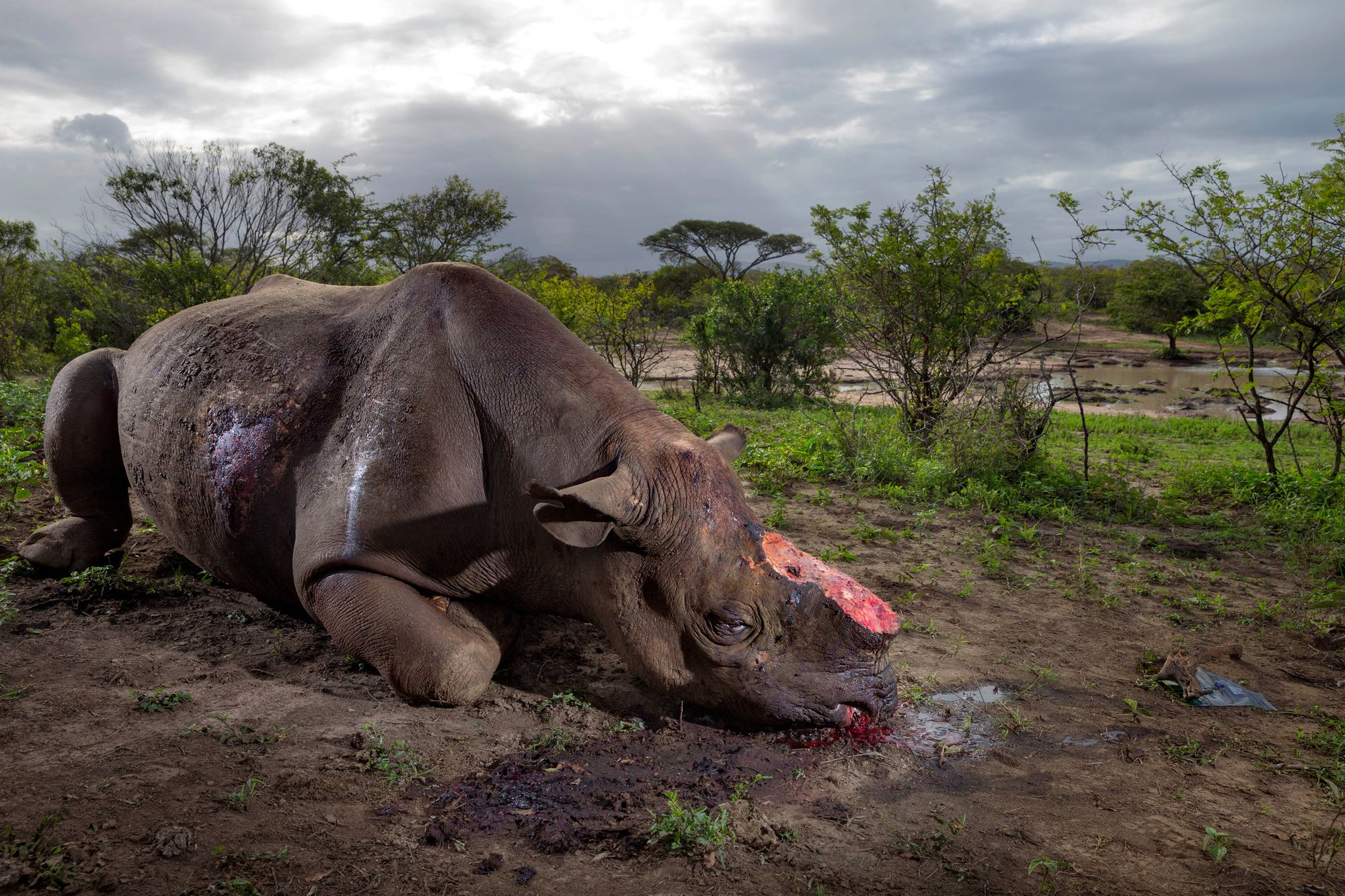
Have a Tip?
Reach out to us by email with story ideas, feedback, or questions.
The WIRE Team

Rene Ebersole is a National Magazine Award-winning journalist with more than 20 years of writing and editing experience. She has gone behind the scenes of Central Africa’s bushmeat trade, investigated why thieves steal honey bee hives in California, revealed how Facebook facilitates the illegal wildlife trade on its platform, unveiled the truth about “dolphin-safe” tuna, and exposed why you might not be getting the salmon you paid for. Her work can be found in Rolling Stone, National Geographic, the Washington Post, The Marshall Project, Mother Jones, Outside, AARP Magazine, Undark, and Audubon.
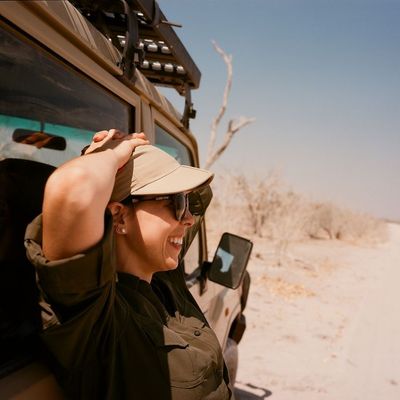
Rachael Bale is a journalist with 13 years of experience in investigative journalism as a reporter, editor, and team manager. As executive editor of the National Geographic’s Animals desk, managing six staff writers and editors, and freelancers around the world, she also oversaw Wildlife Watch, National Geographic’s investigative reporting project on wildlife crime and exploitation, which she helped grow into an internationally recognized platform for in-depth reporting. She is a two-time Livingston Award finalist and has received recognitions from the National Press Club and Society of Environmental Journalists.

At National Geographic magazine, Oliver Payne served as a features editor from the early 1990s until mid-2023. In his career with the magazine, he recruited numerous acclaimed journalists and writers. Three of his contributors’ stories won the Geographic’s only National Magazine Awards for writing to date. Among Oliver’s major projects with the magazine are the Out of Eden Walk, a global storytelling odyssey by Pulitzer Prize-winning journalist Paul Salopek, and Wildlife Watch, a digital platform for investigative reporting on wildlife crime and exploitation.
